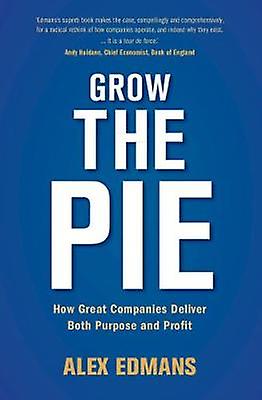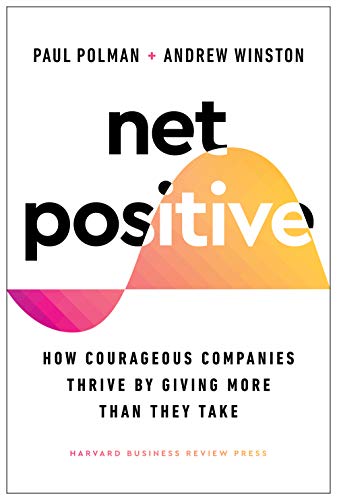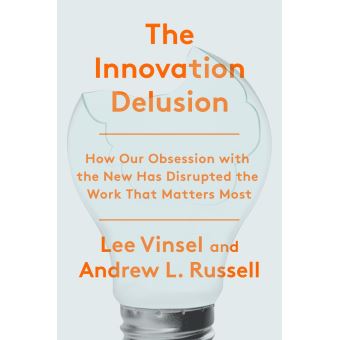5 very useful books about societal transition
The climate, biodiversity and (young) people are reshuffling the cards as part of the urgent need for a societal transition. Here we remind you of some powerful ideas with a range of opinions and suggestions for the future from an English professor of finance; a French researcher in economics who teaches in Sweden; a French consultant on multipolar curiosity; the former boss of an international behemoth; and, last but not least, two American tech researchers…
1. Sustainable growth: creating value for everyone

Social responsibility and financial performance are not mutually exclusive, and even less so during the current pandemic. In fact, it is because you are responsible that you are profitable. By aiming to create value for everyone, and by ditching a confrontation-based approach in favor of mutual support between stakeholders, your long-term performance will be better than if you stay focused on short-term financial results.
2. Sustainable growth: is it a myth?

Timothée Parrique deconstructs one of the biggest modern-day myths: the pursuit of growth, this contemporary obsession with accumulation, slows down social progress and speeds up ecological collapse. He explores the road to transformation and transition and a post-growth economy without surrendering to an alarming collapse theory. Plus: how can you rethink your organization from top to bottom?
3. Net positive : taking sustainability a step farther

“It is the duty of companies to tackle social challenges head on – or else the entire system will collapse.” Paul Polman, who was the head of Unilever for a decade, issues a warning but also a strategy to address the dangers. While many companies are already en route to sustainability, the trend needs to be ramped up, magnified and multiplied, improving the well-being of everyone who is affected at every level and everywhere.
4. 7 lessons from the world to help you create the company of tomorrow

Eco-anxiety versus eco-inspiration: Today we view nature as an invaluable asset to be preserved at all costs if we want to avoid our own extinction. In short, the natural world has become a source of concern. But the issue wouldn’t even arise if nature were primarily a source of inspiration. The earth is 4.5 billion years old: in other words, nature is quite capable of passing on a few good practices to us…
5. Taking the long view : maintaining, repairing, and recycling

While the start-up culture electrifies the masses, talking about maintenance and upkeep does not excite many people. And yet, wanting innovation at all costs means you could well lose sight of the rudiments of sustainable growth: sound management of your resources and constant vigilance about the impact of your activities on people and the environment. You have everything to gain if you take a close interest in maintenance.
© Copyright Business Digest - All rights reserved




